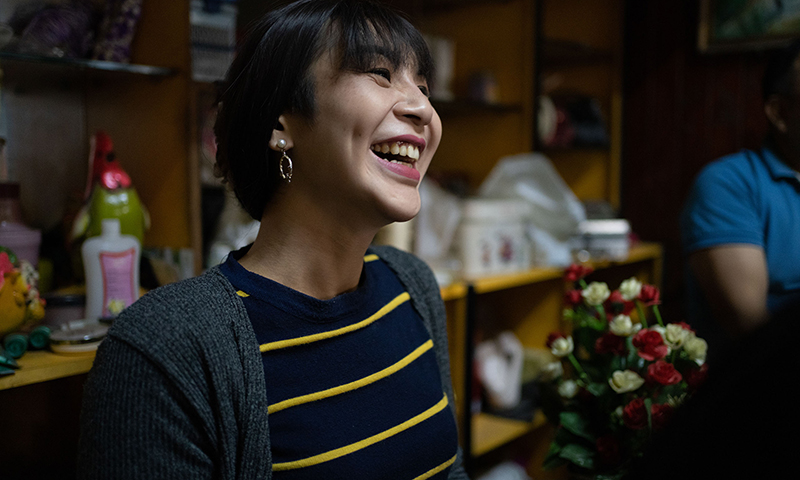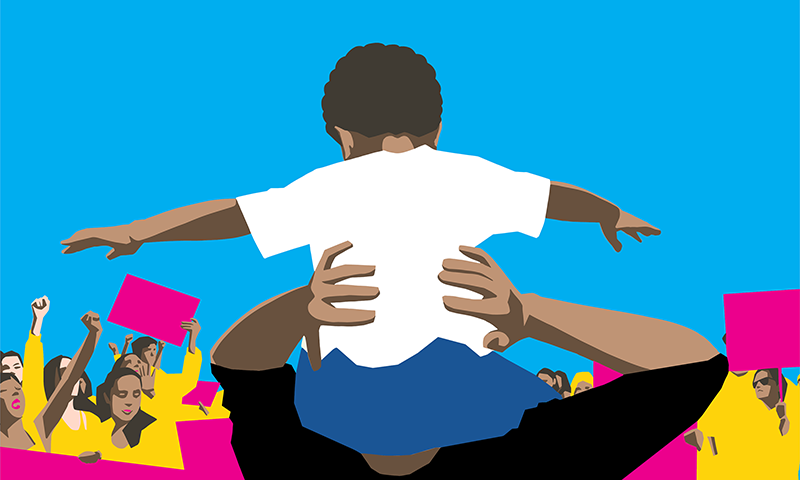
From: UNAIDS
On Zero Discrimination Day this year (download brochure), UNAIDS is highlighting the urgent need to take action to end the inequalities surrounding income, sex, age, health status, occupation, disability, sexual orientation, drug use, gender identity, race, class, ethnicity and religion that continue to persist around the world.
Inequality is growing for more than 70% of the global population, exacerbating the risk of division and hampering economic and social development. And COVID-19 is hitting the most vulnerable people the hardest—even as new vaccines against COVID-19 are becoming available, there is great inequality in accessing them. Many have equated this to vaccine apartheid.
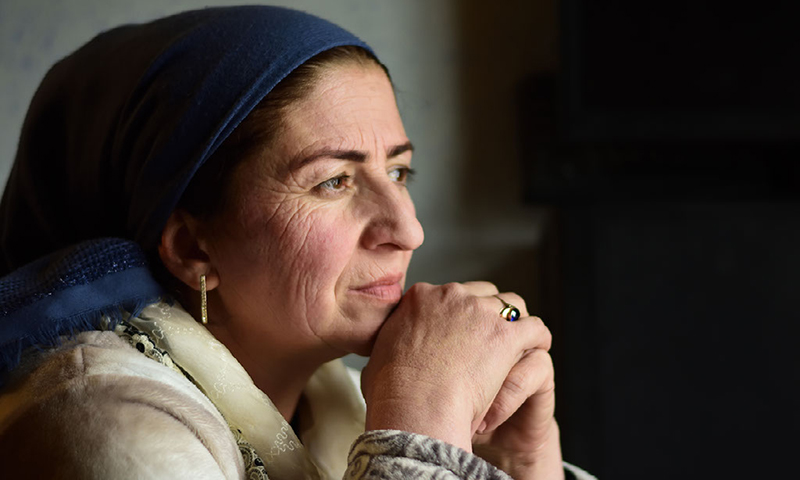
Discrimination and inequalities are closely intertwined. Intersecting forms of discrimination, be it structural or social, against individuals and groups can lead to a wide range of inequalities—for example, in income, educational outcomes, health and employment. However, inequalities themselves can also lead to stigma and discrimination. It is critical, therefore, when looking to reduce inequalities to address discrimination. Members of key populations are often discriminated against, stigmatized and, in many cases, criminalized and targeted by law enforcement. Research has shown that this social and structural discrimination results in significant inequalities in access to justice and in health outcomes.
Confronting inequalities and ending discrimination is critical to ending AIDS. The world is off track from delivering on the shared commitment to end AIDS by 2030 not because of a lack of knowledge, capability or means to beat AIDS, but because of structural inequalities that obstruct proven solutions in HIV prevention and treatment. For example, recent research shows that gay men and other men who have sex with men are twice as likely to acquire HIV if they live in a country with punitive approaches to sexual orientation than if they live in a country with supportive legislation.
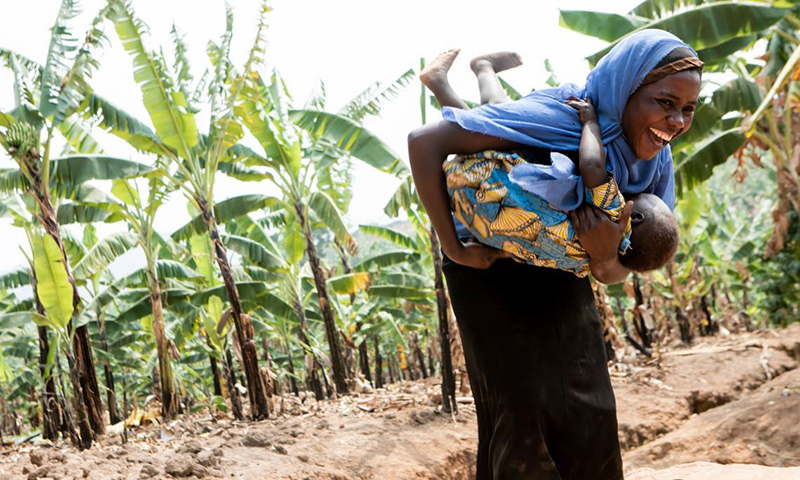
Tackling inequality is not a new commitment—in 2015, all countries pledged to reduce inequality within and between countries as part of the Sustainable Development Goals. But it is not yet one that the world has delivered on. As well as being core to ending AIDS, tackling inequality will also advance the human rights of people who are living with HIV, make societies better prepared to beat COVID-19 and other pandemics and support economic recovery and stability. Fulfilling the promise to tackle inequality will save millions of lives and benefit society as a whole. To do this, we must confront discrimination in all its forms.
But to achieve dignity for all, political, economic and social policies need to protect the rights of everyone and pay attention to the needs of disadvantaged and marginalized communities.
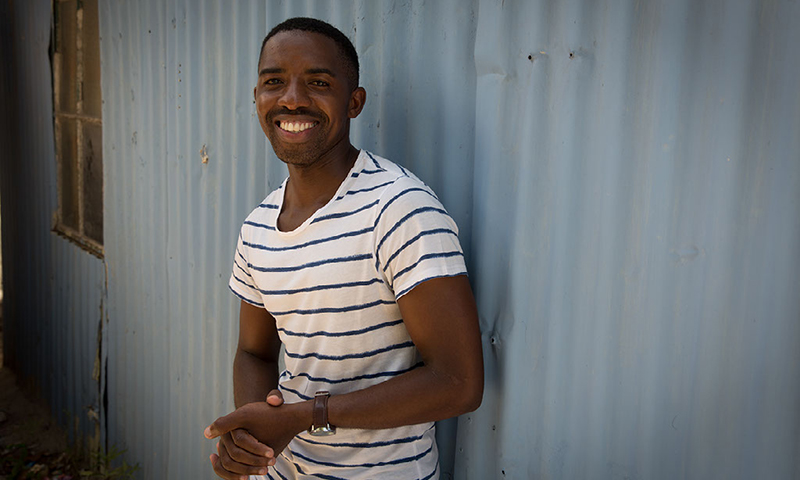
Ending inequality requires transformative change. Greater efforts are needed to eradicate extreme poverty and hunger and there is a need to invest more in health, education, social protection and decent jobs.
Governments must promote inclusive social and economic growth. They must eliminate discriminatory laws, policies and practices in order to ensure equal opportunity and reduce inequalities.
But we can all play our part by calling out discrimination where we see it, by setting an example or by advocating to change the law. We all have a role to play in ending discrimination and so reducing inequalities.
We cannot achieve sustainable development and make the planet better for all if people are excluded from the chance of a better life. In today’s world, we are all interconnected. Global inequality affects us all, no matter who we are or where we are from.
This Zero Discrimination Day join us in raising awareness about the inequalities that prevent people from living a full and productive life and demanding that governments fulfil their commitments and obligations to end all forms of discrimination.
